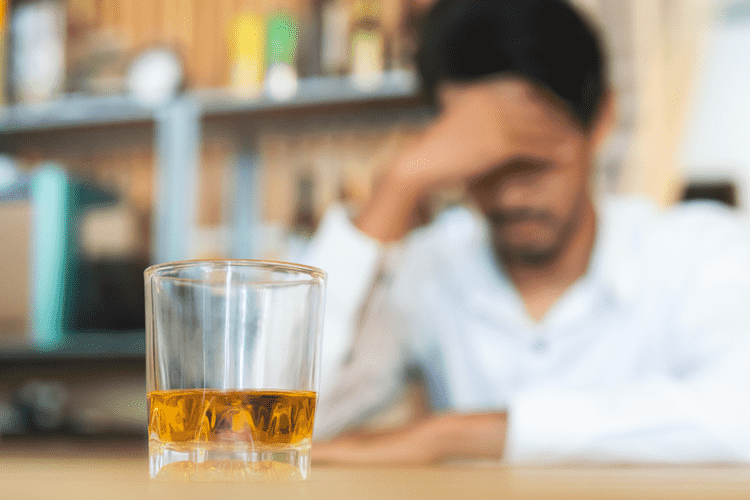Content
However, both alcohol and Eliquis can increase your risk of bleeding. (The two substances may prevent blood from clotting.) This means that drinking alcohol while taking Eliquis could increase your risk of bleeding further. When alcohol is included in the mix, it can alter how thin your blood is and also change how active the medication is. This ultimately affects the delicate balance that doctors hope to achieve while using blood thinners. Depending on how this interaction works, it could cause the blood to become too thin, creating a high risk for bleeding from minor injuries. It could also reverse the effects of the blood thinners, increasing the risk of dangerous conditions like heart attack or stroke. The process of blood clotting is very complex, with multiple chains of chemical reactions called the “clotting cascade” that must occur to develop a blood clot.
How much does 1 beer raise your blood alcohol level?
For every one drink, your BAC goes up by about 0.02 percent, so reaching a BAC of 0.08 percent takes about four to five drinks.
A 2016 review suggests that significant daily alcohol consumption increases the activity of platelets. Researchers have found that low-to-moderate drinking could reduce certain processes that lead to heart disease and inflammation. However, more research is necessary to determine whether alcohol use is directly responsible for these possible heart benefits. Coumadin is one of the most commonly used blood thinners in the U.S., but it carries a 3% to 6% risk of major bleeding. Alcohol should be avoided when taking Coumadin, as it is one of the most serious risk factors for complications with this medication. Within the last few years, a new class of blood thinners was developed.
Is it safe to drink alcohol while taking blood thinners?
Not only does alcohol thin your blood, but long-term alcohol abuse can also increase your risk of conditions ranging from diabetes to liver disease to cancer. If you’re struggling to control your drinking, then you may have a more serious problem.
How long do blood thinners stay in your system?
How long do blood thinners stay in your system? This depends on the type of blood thinner, and can range from hours to days. The blood thinning effects of warfarin, aspirin, and Plavix (clopidogrel) can last for days, whereas Eliquis (apixaban) and Xarelto (rivaroxaban) wear off in about a day.
Low blood cell count can cause fatigue, weakness, dizziness and shortness of breath. However, when blood begins to clot and build up in junctures in your arteries or blood vessels, it can lead to serious health problems. Whiskey does its part by thinning the blood which will prevent those life-threatening clots.
Sidebar content
In other cases, blood can be difficult to manage, which can obscure what the surgeon is trying to do, leading to complications. Drinking alcohol allows it you enter your bloodstream through your digestive system. Once it enters your blood, it’s filtered by your liver before it’s able to enter your brain. Your body is able to store water, sugars, and fats, and everything else is processed out. Most people have heard about the studies that have said that alcohol may actually be good for your heart. These studies purport that moderate amounts of alcohol may thin your blood and improve heart health.
- They can answer all of your medication questions and advise you on whether any ingredients in your current medications can interact with alcohol or anything else.
- This literature review is the foundation of the current alcohol consumption guidelines.
- This can lead to the same harmful effect of excessive anticoagulation.
- You should avoid mixing Coumadin and alcohol unless your doctor says that it is OK.
- Clinical trials provide several recommendations for adults with blood clots.
Bruising may also occur more easily while using is alcohol a blood thinner because it thins the blood. The length of time that blood thinners continue to affect your blood depends on many different factors.
Ask the Expert: Common Questions About Alcohol and Blood Thinners
Many of the effects of drinking every day can be reversed through early intervention. A Healthy Journal was born out of passion, the passion for food, but mainly for a healthy life. We are a bunch of friends all over the world who, at a certain time of their lives, realised the doctor’s advice was not enough anymore. Therefore, we tried to help ourselves through diet, sport, natural remedies and little gestures made out of love.More …. For men, heavy drinking is typically defined as consuming 15 drinks or more per week.
